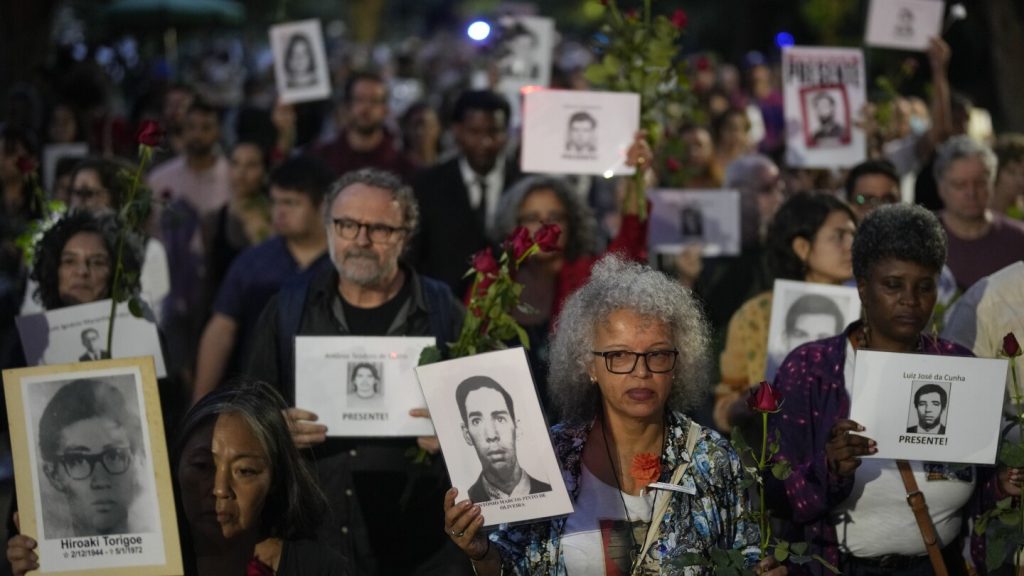The Brazilian film “I’m Still Here,” which focuses on a family torn apart by the military dictatorship that ruled the country for over two decades, has gained immense popularity, selling nearly 3 million tickets since its release. The film explores a neglected national trauma and has struck a chord with audiences, especially as Brazil faces political turmoil that echoes its dictatorial past. Set in the 1970s, the story follows the Paiva family, particularly Eunice Paiva, as she seeks justice for her husband, a former congressman who disappeared at the hands of the military.
The success of “I’m Still Here” in Brazilian cinemas is a testament to the country’s growing awareness of its dark past and the need for reconciliation. Unlike other countries like Argentina and Chile, which have taken steps to reckon with their dictatorships, Brazil’s transition back to democracy was marked by amnesty for military officials. It wasn’t until 2011 that a truth commission was established to investigate human rights abuses during the dictatorship. The film serves as a reminder of the importance of confronting the past to prevent history from repeating itself.
The release of “I’m Still Here” coincided with reports of a 2022 plot by military officers to prevent President Luiz Inácio Lula da Silva from taking office and keep former president Jair Bolsonaro in power. This revelation added urgency to the film’s message, highlighting the lingering threat of authoritarianism in Brazil. The film’s narrative, based on true events, sheds light on the hardships faced by families of the disappeared and the need for accountability for past crimes.
The film’s impact extends beyond the screen, as it has sparked debates about justice and democracy in Brazil. Calls for accountability for those involved in the attempted coup have grown louder, with some high-profile arrests made in connection to the plot. The film has resonated with audiences, prompting discussions about the fragility of democracy and the importance of defending it. It has also led to a reassessment of the country’s history and a renewed commitment to upholding democratic principles.
As Brazilians grapple with their past and present struggles, “I’m Still Here” serves as a powerful reminder of the need to confront difficult truths and work towards a more just society. The film’s depiction of Eunice Paiva’s relentless pursuit of justice resonates with audiences, inspiring a sense of solidarity and a commitment to defending democratic values. In a time of political uncertainty and upheaval, the film’s message is more relevant than ever, urging Brazilians to remember their history and fight for a better future.
Ultimately, “I’m Still Here” has become more than just a movie; it has become a symbol of resistance and resilience in the face of authoritarian threats. The film’s success at the box office reflects a growing awareness of Brazil’s history and the need for truth and reconciliation. As the country grapples with its past and present challenges, the film’s message of hope and perseverance resonates with audiences, inspiring a renewed commitment to democracy and justice. By confronting its traumatic past, Brazil can move towards a future where the horrors of dictatorship are never repeated.


